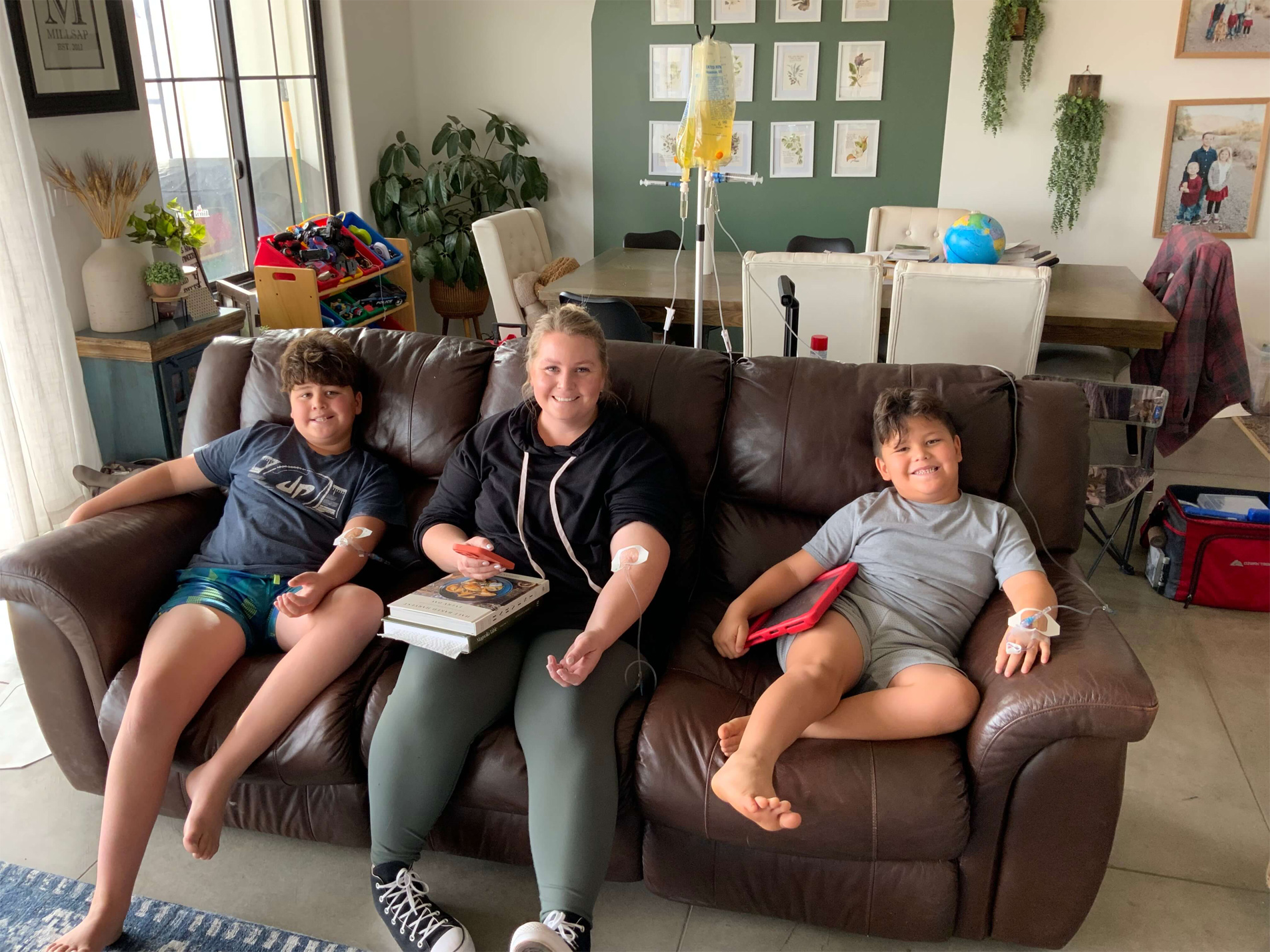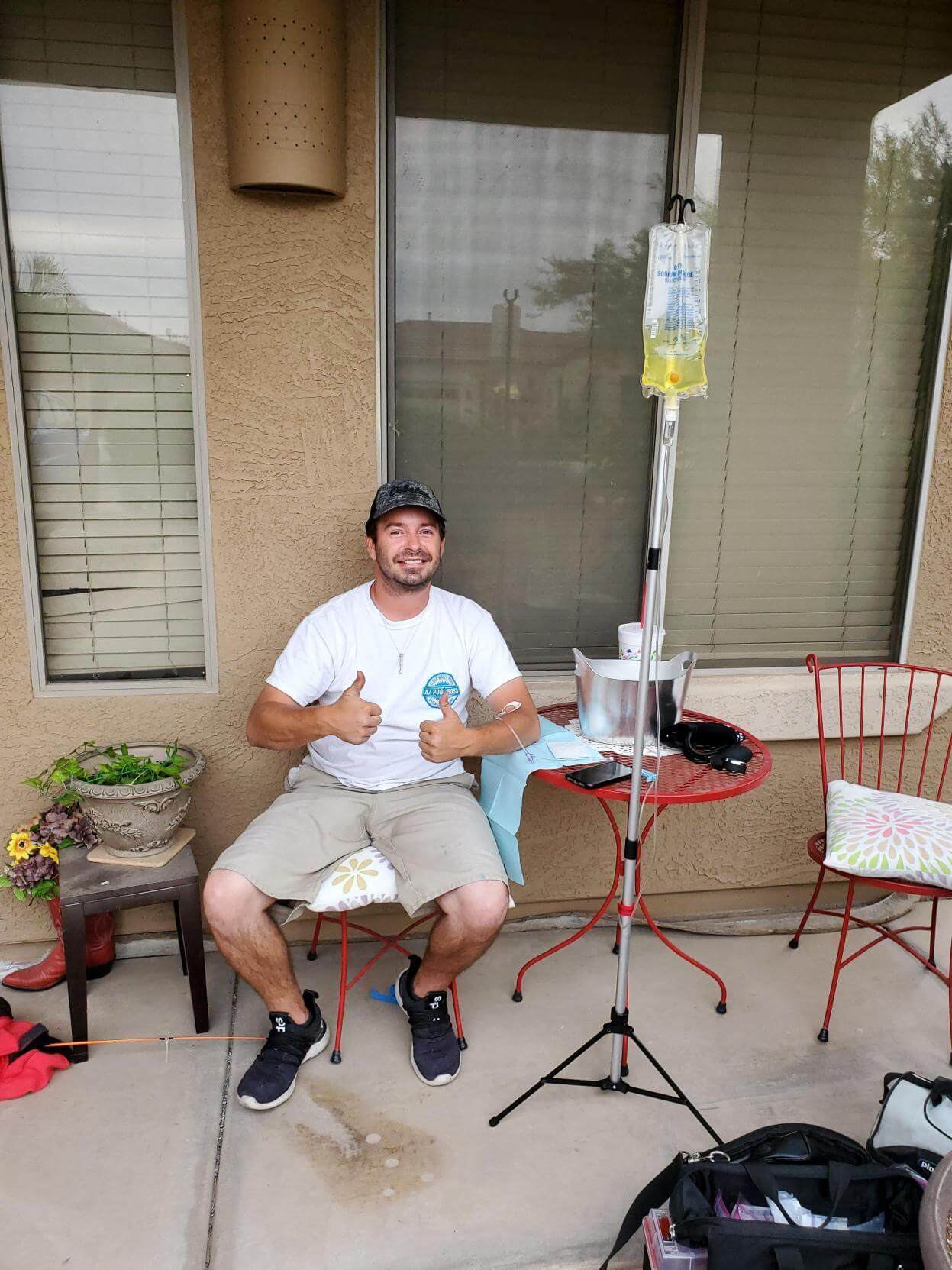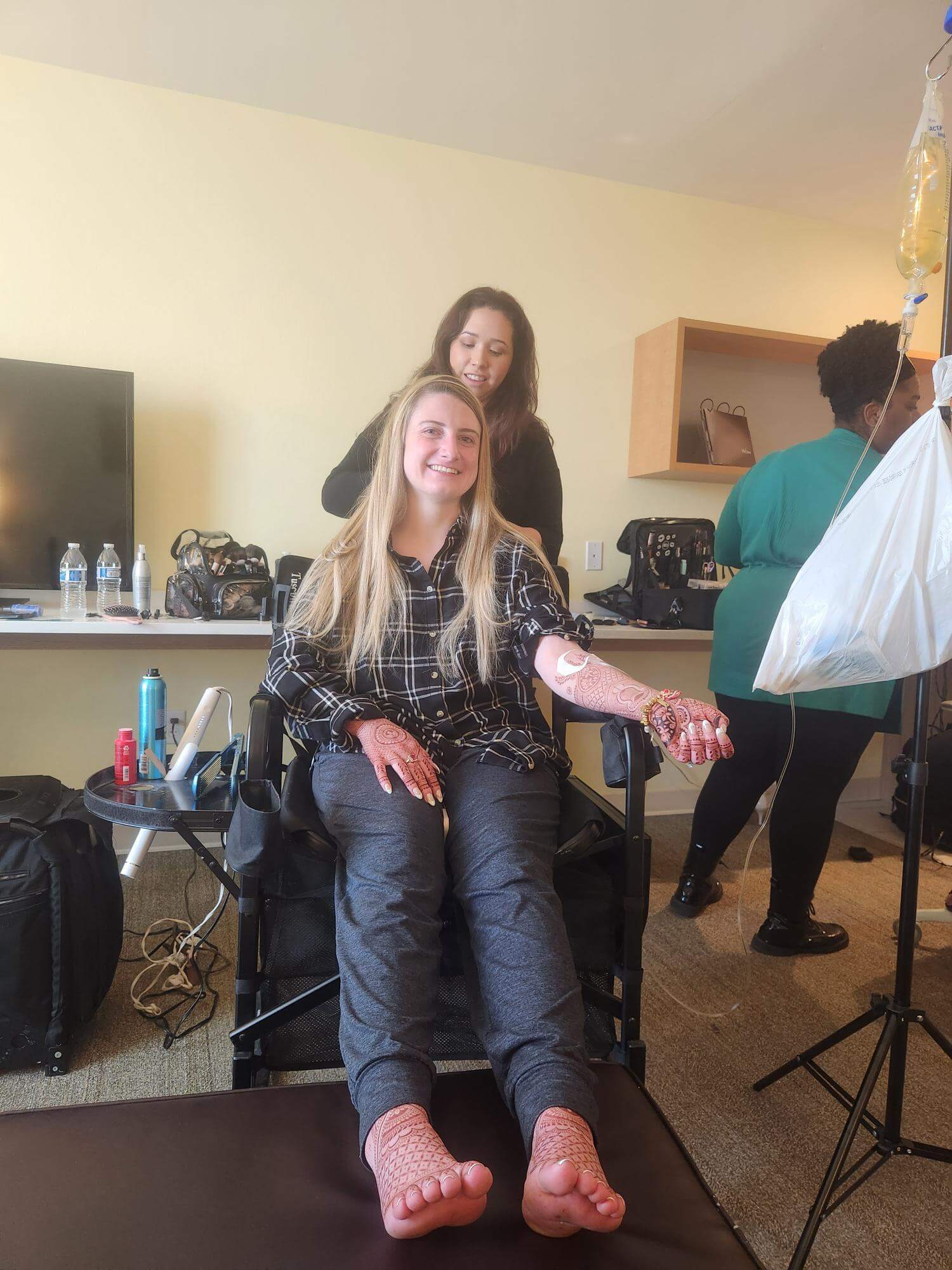When venturing into high altitudes for hiking, the risk of altitude sickness can dampen the thrill of your adventure. Thankfully, there’s a modern solution that offers quick relief: mobile IV drip therapy. This treatment effectively combats the symptoms of altitude sickness, allowing you to fully embrace the natural beauty around you without discomfort.
What is Altitude Sickness?
Altitude sickness, or acute mountain sickness (AMS), occurs when you ascend to high elevations too rapidly, preventing your body from adjusting to lower oxygen levels and reduced air pressure. This can lead to symptoms ranging from mild discomfort to severe, life-threatening conditions.
Symptoms of Altitude Sickness Include:
- Dizziness
- Nausea and vomiting
- Headaches
- Fatigue and weakness
- Loss of appetite
- Insomnia
- Poor coordination
For individuals experiencing severe altitude sickness, it’s crucial to be aware of two potentially life-threatening conditions: high altitude pulmonary edema (HAPE) and high altitude cerebral edema (HACE), which frequently occur at the same time.
- HAPE is particularly hazardous as it results in fluid accumulation in the lungs, posing a dire risk without prompt medical intervention.
- HACE is characterized by swelling in the brain due to fluid accumulation, a critical situation that demands immediate medical response.
Symptoms of severe altitude sickness involve:
- Trouble breathing, even while stationary
- A continuous cough that may expel frothy or blood-streaked mucus
- Cyanosis, a condition where the skin or nails appear blue from lack of oxygen
- Accelerated heart rate
- Disorientation or erratic behavior
- Difficulty with physical coordination, evident in tasks like walking straight or sitting steadily.
These symptoms necessitate urgent medical care to avoid critical health risks.
How Can IV Therapy Help Treat Altitude Sickness?
IV therapy offers a rapid and effective solution for the discomforts associated with altitude sickness. By delivering essential fluids, vitamins, and minerals directly into your bloodstream, this treatment bypasses the slower digestive process required for pills or oral fluids. This means you can start feeling better much quicker, often within just half an hour—ideal for hikers and travelers who want to get back on their feet quickly.
At higher altitudes, even simple tasks can become challenging due to the thinner air. While some relief can be found through rest, staying hydrated, and taking oral medications such as ibuprofen for headaches or anti-nausea pills, these methods often take time to work because they need to be processed by your body. With IV therapy, relief from symptoms like headaches, nausea, and fatigue can be felt almost immediately.
Our recommended IV treatment for combating altitude sickness is the Myers’ Cocktail. This powerful blend includes B Complex vitamins, vitamin B12, vitamin C, magnesium, zinc, and the antioxidant glutathione, all known for their energy-boosting and fatigue-reducing properties.
For those also experiencing nausea, adding an anti-nausea medication such as Zofran to your IV can help soothe this specific discomfort, making it easier to adjust to high altitudes. Additionally, incorporating a pain reliever like Toradol can enhance the effectiveness of the IV treatment in alleviating symptoms like headaches, helping you feel more like yourself again.
How to Prevent Altitude Sickness: Tips Before You Hit the Trails
Preventing altitude sickness is preferable to treating it:
- Acclimate Gradually: Spend a few days at a moderate elevation before ascending further to high altitudes.
- Stay Hydrated: Drink plenty of water to help mitigate the effects of altitude sickness.
- Avoid Alcohol and Sedatives: These can decrease your respiratory rate, especially during sleep, exacerbating altitude sickness symptoms.
- Eat Carbohydrates: High-carb foods can enhance your body’s ability to utilize oxygen and help reduce symptoms.
- Consider IV Therapy: Using IV therapy before starting your hike can pre-boost your hydration and nutrient levels, providing your body with additional support to cope with altitude changes.
Altitude Sickness IV Therapy Options
Wherever you are, mobile IV services like those provided by Pure IV offer convenient and effective relief right to your location—be it your home, a vacation rental, or even directly on the trail. These services deliver a custom blend of fluids, electrolytes, vitamins, and medications specifically designed to combat the symptoms of altitude sickness. Popular treatments, such as the Myers’ Cocktail, which includes a mix of B vitamins, vitamin C, and other nutrients, are known for their effectiveness in boosting energy and easing symptoms.
When to Seek IV Therapy for Altitude Sickness
If you start noticing the symptoms of altitude sickness and traditional methods like hydration and rest aren’t helping, IV therapy could be the right solution. This approach is particularly advisable for those whose symptoms are severe enough to impact outdoor activities or hiking plans, as it can quickly help you feel better and return to your adventures with more comfort and less downtime.
Contact Us for Altitude Sickness Relief
If altitude sickness is affecting your ability to enjoy your activities, don’t hesitate to contact Pure IV at (833) 688-1299 for rapid and effective treatment. Our team of professionals is ready to assist you in recovering quickly, ensuring minimal interruption to your plans. Our treatments are safe, effectively managed by experienced medical professionals, and tailored to meet your specific needs right where you are.





